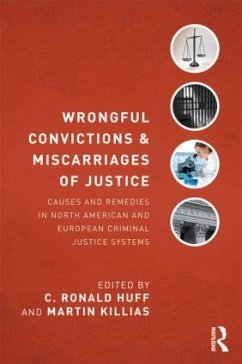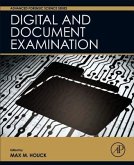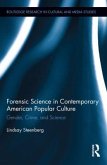This innovative work builds on Huff and Killias' earlier publication (2008), but is broader and more thoroughly comparative in a number of important ways: (1) while focusing heavily on wrongful convictions, it places the subject of wrongful convictions in the broader contextual framework of miscarriages of justice and provides discussions of different types of miscarriages of justice that have not previously received much scholarly attention by criminologists; (2) it addresses, in much greater detail, the questions of how, and how often, wrongful convictions occur; (3) it provides more in-depth consideration of the role of forensic science in helping produce wrongful convictions and in helping free those who have been wrongfully convicted; (4) it offers new insights into the origins and current progress of the innocence movement, as well as the challenges that await the exonerated when they return to "free" society; (5) it assesses the impact of the use of alternatives to trials (especially plea bargains in the U.S. and summary proceedings and penal orders in Europe) in producing wrongful convictions; (6) it considers how the U.S. and Canada have responded to 9/11 and the increased threat of terrorism by enacting legislation and adopting policies that may exacerbate the problem of wrongful conviction; and (7) it provides in-depth considerations of two topics related to wrongful conviction: voluntary false confessions and convictions which, although technically not wrongful since they are based on law violations, represent another type of miscarriage of justice since they are due solely to unjust laws resulting from political repression.
" . . . Professors Huff and Killias have brought together the very best scholars in a way that far surpasses any collection heretofore available. . . There is not a chapter in this book that can be skipped."
- Michael Radelet, University of Colorado
"I highly recommend this book to anyone who has the potential to come into contact with anyone facing a potential incarceration."- Mark Handler, Polygraph
- Michael Radelet, University of Colorado
"I highly recommend this book to anyone who has the potential to come into contact with anyone facing a potential incarceration."- Mark Handler, Polygraph








